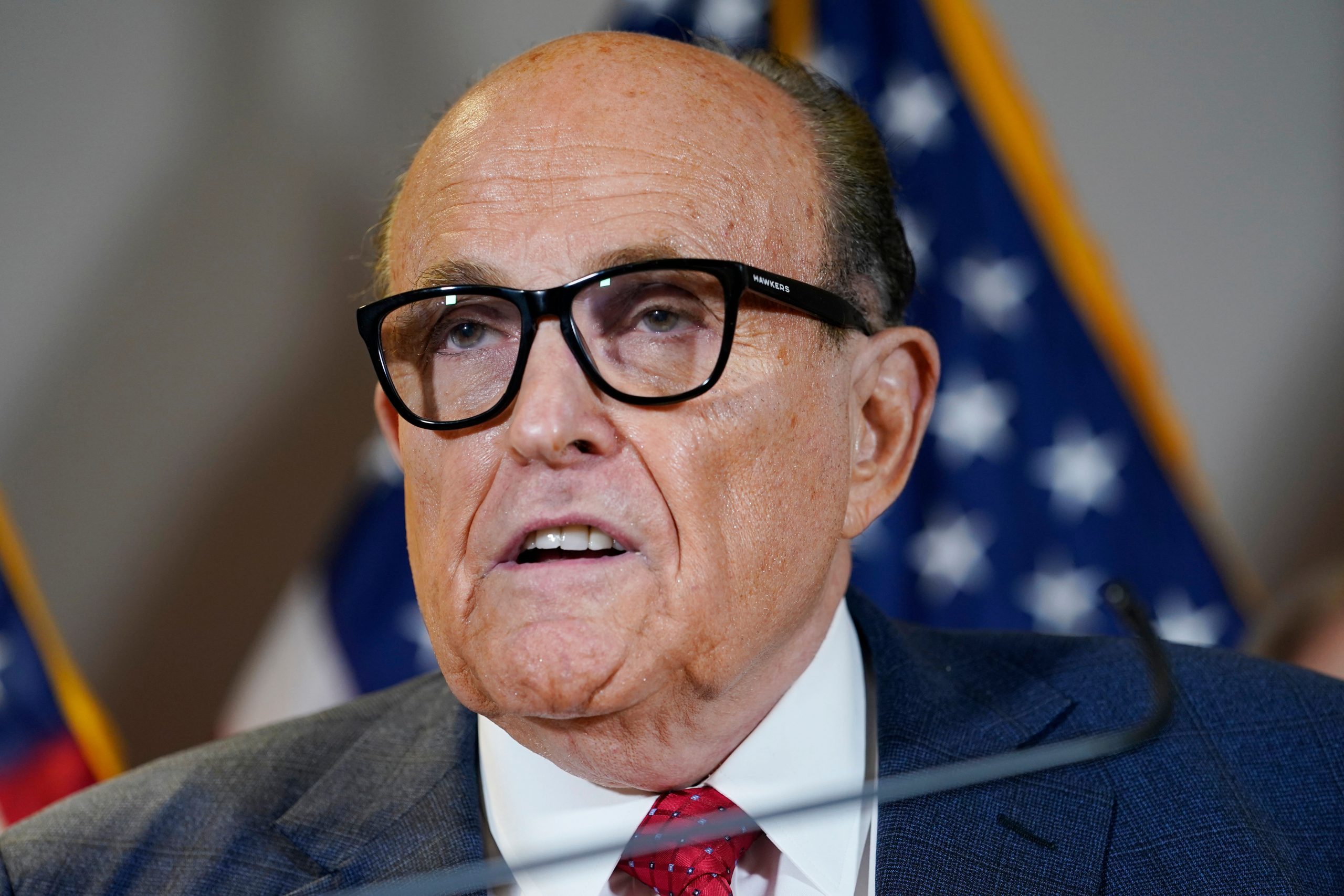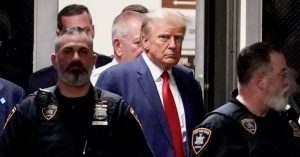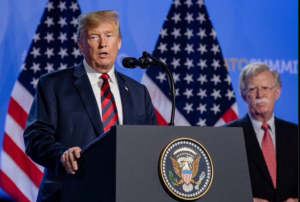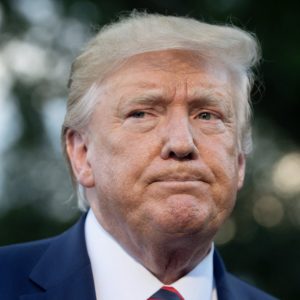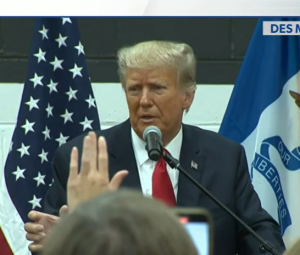Rudy Giuliani, a former aide of ex-US President Donald Trump, pulled out of an interview with the January 6 House committee, a Congressional spokesperson said late Thursday. Giuliani headed Trump’s legal fights to overturn the 2020 Presidential elections.
Giuliani withdrew from the interview due to disagreements about documenting the interactions between him and the committee investigating the Capitol riots. The interview was scheduled for Friday.
Also Read: Lev Parnas, former Rudy Giuliani associate, convicted of campaign finance crimes
“Mr. Giuliani had agreed to participate in a transcribed interview with the Select Committee“, Tim Mulvey, the spokesperson for the congressional committee said, according to reports from Associated Press.
Mulvey added, “Today, he informed committee investigators that he would not show up unless he was permitted to record the interview, which was never an agreed-upon condition.”
Mulvey continued: “Mr. Giuliani is an important witness to the conspiracy to overthrow the government and he remains under subpoena. If he refuses to comply the committee will consider all enforcement options.”
Giuliani’s team of attorneys told CNN that even though the meeting has been called the two parties are still engaging in talks.
In January the committee issued subpoenas to Giuliani and other members of Trump’s legal team who filed bogus legal challenges to the 2020 election that fueled the lie that race had been stolen from the former president.
When Trump was pushing his “rigged election” theory in the country, Giuliani did not fail to project his support. He headed Trump’s legal battles throughout the country and said, “Let us have trial by combat.”
Also Read: Rudy Giuliani ridiculed for shaving publicly in restaurant while eating food
“I am willing to stake my reputation, the President is willing to stake his reputation, on the fact that we’re going to find criminality there”, the lawyer said.
Giuliani also spoke at the rally in front of the White House that preceded the January 6 insurrection. Like Trump, he suggested the certification of Biden’s victory was an existential crisis for the country and used rhetoric that alluded to violence, according to reports from Associated Press.

